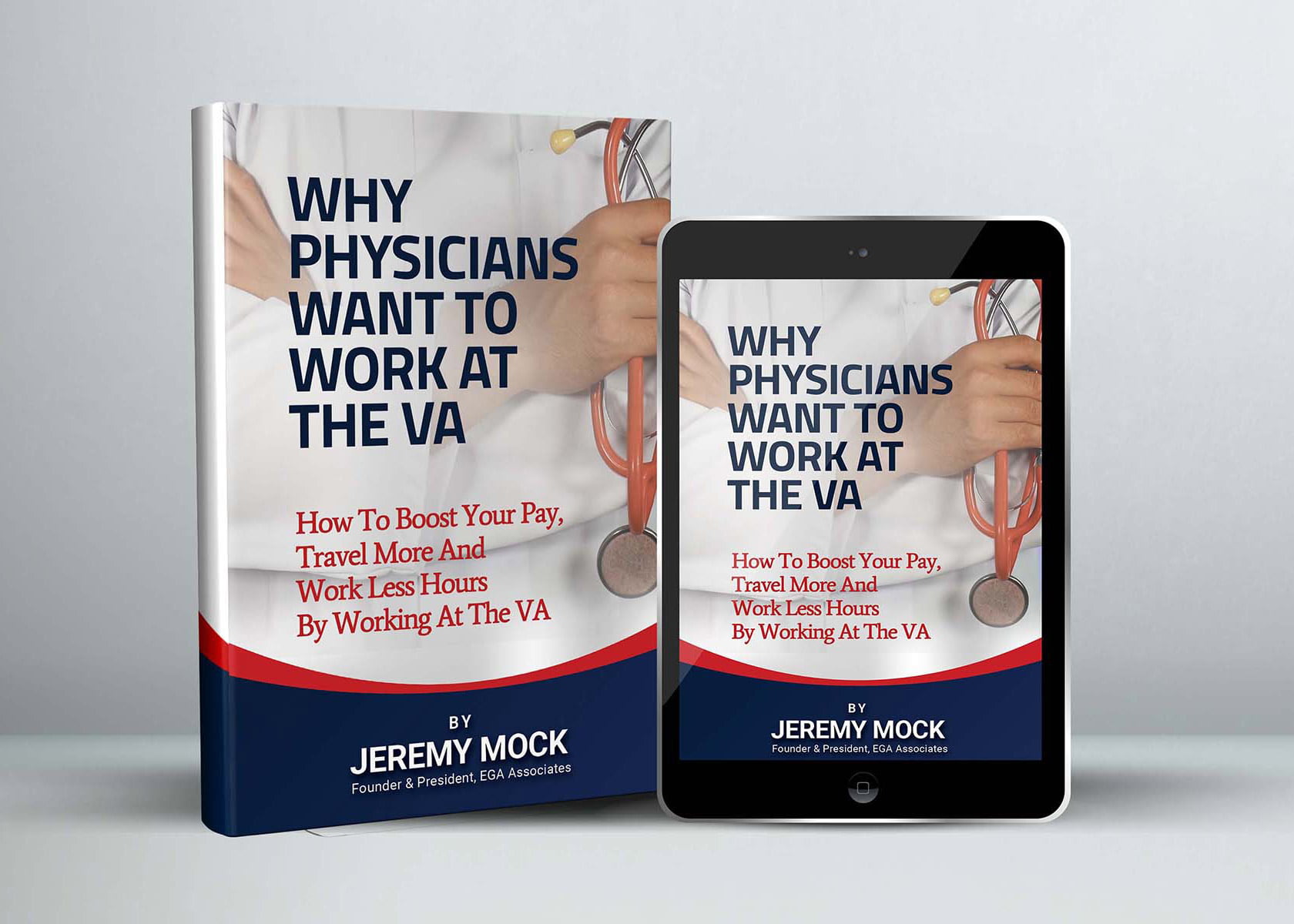Healthcare Recruitment
We are a veteran-owned staff augmentation firm dedicated to providing top notch staffing solutions nationwide.
We're pros at turning challenges into contracts
Our veteran-led team has extensive government & healthcare industry experience, and we are committed to providing solutions that convert challenges into contracts.

Positions We're Hiring
We’re actively recruiting for a wide range of specialties and career paths.

Download our free transition guide!
Learn how to boost your pay, travel more, and work less hours by working at the VA.
Work With Us
If you’re looking for career development, our team can match your skills and objectives to positions with fresh and rewarding challenges. Let’s put your career in another gear.

